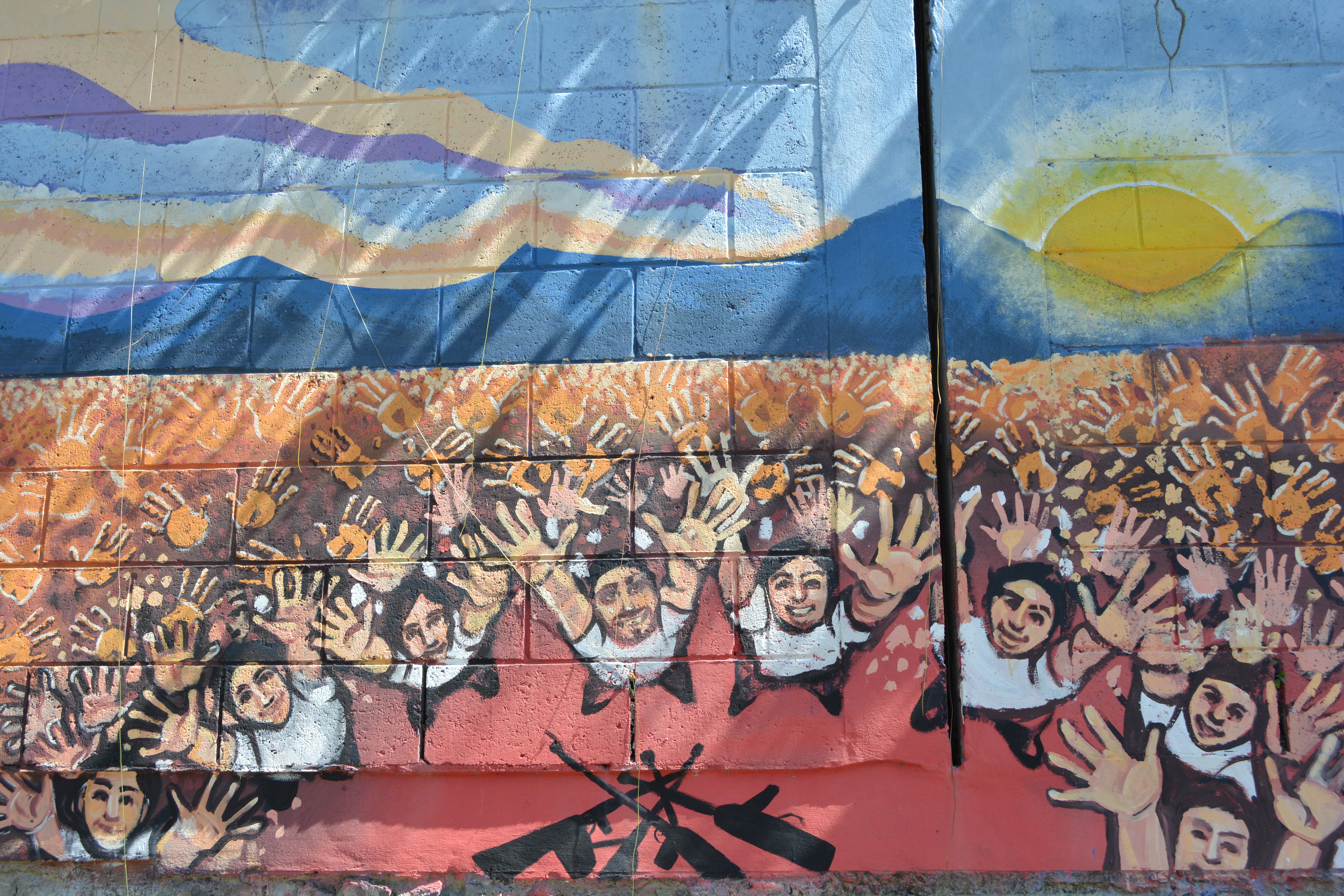
Popular Liberation in the Midst of a Peaceful War
Social Sciences
Independent Study
My research seeks to investigate identity formation, trauma and resilience in the context of political polarization and the gang phenomenon in El Salvador. I argue that societies who resolve conflicts through the means of violence can be understood through a liberation psychology framework. Liberation psychology could be a profound tool for understanding the current social conflict in El Salvador, and whence could become a transformative tool for mobilizing collective action. In an effort to understand how Salvadorans (re)construct their collective identity in the midst of violence and right-wing leaning demonizing media displays, I conducted a mixed-method research at four universities in San Salvador, El Salvador. In total, I collected 391 questionnaires. By running an ANOVA, I found empathy was significantly correlated with exposure to the Fear treatment (F = 3.399, p = .034). My findings indicate people tend to show less empathy for gang members when they are triggered with demonizing news reports. Participatory Action Research informs my next direction which is to understand gang members’ perceptions and attitudes about the media’s representation of them, and if they internalize these attitudes as college students do.